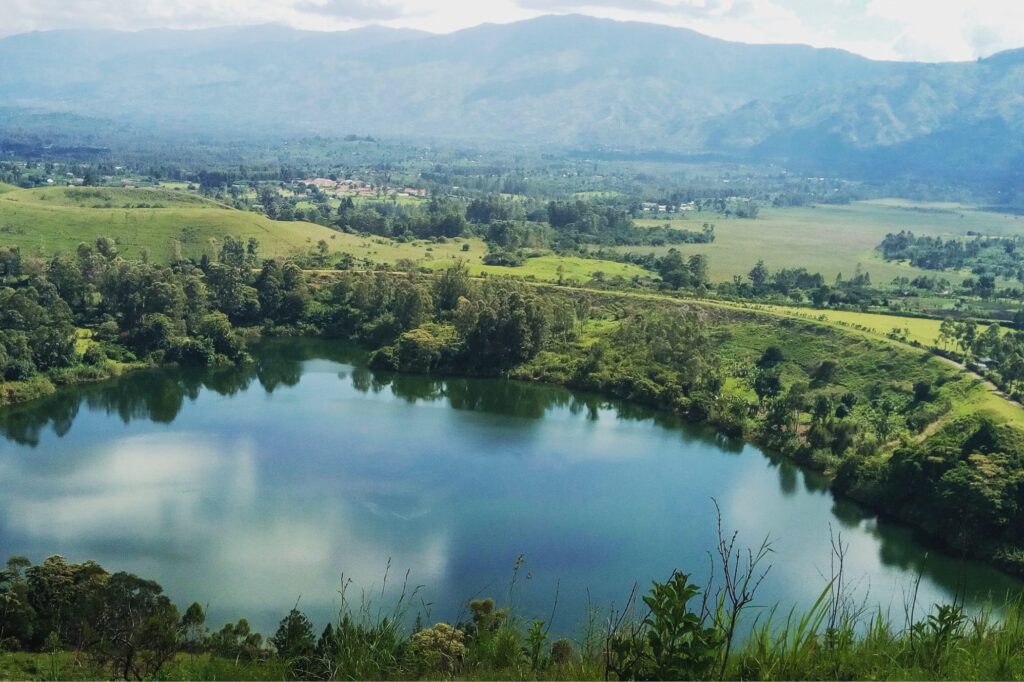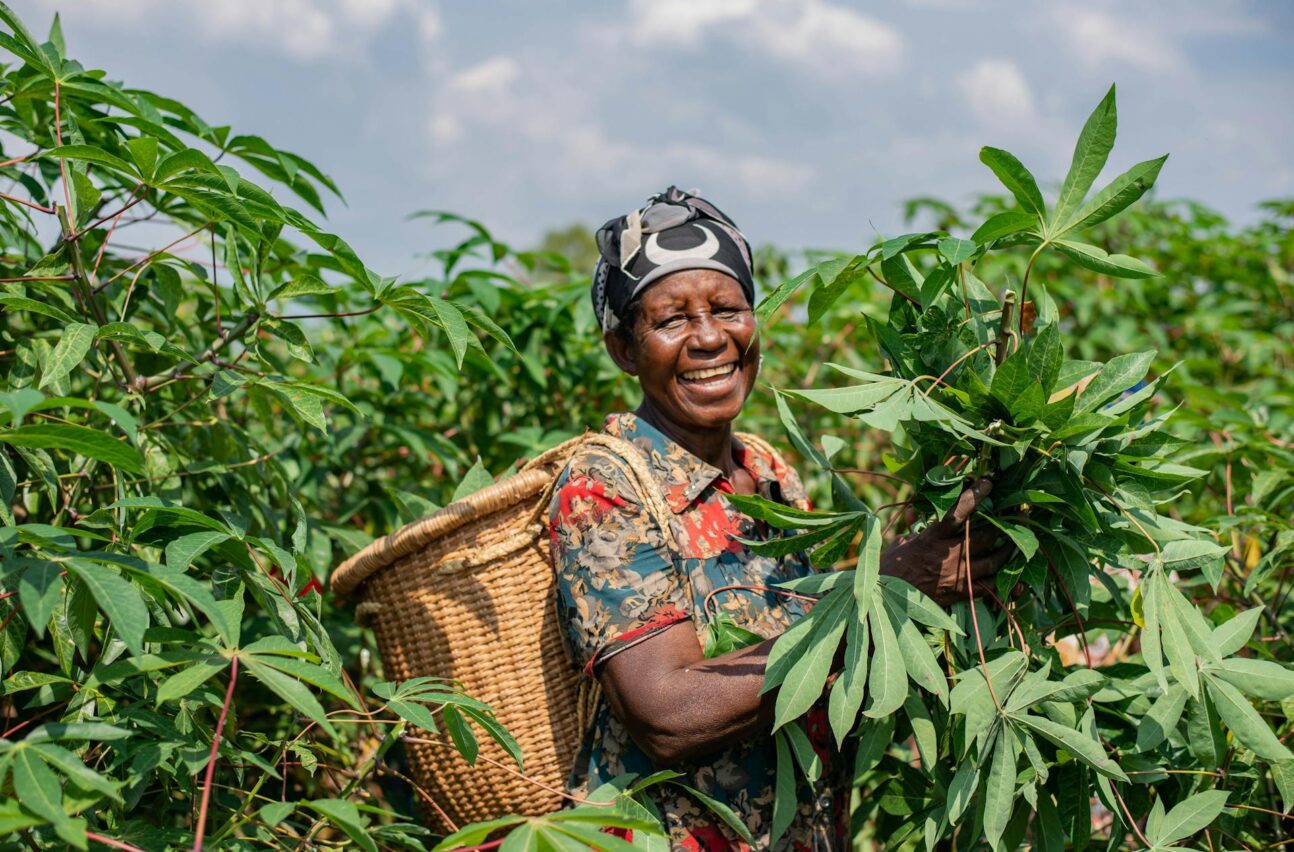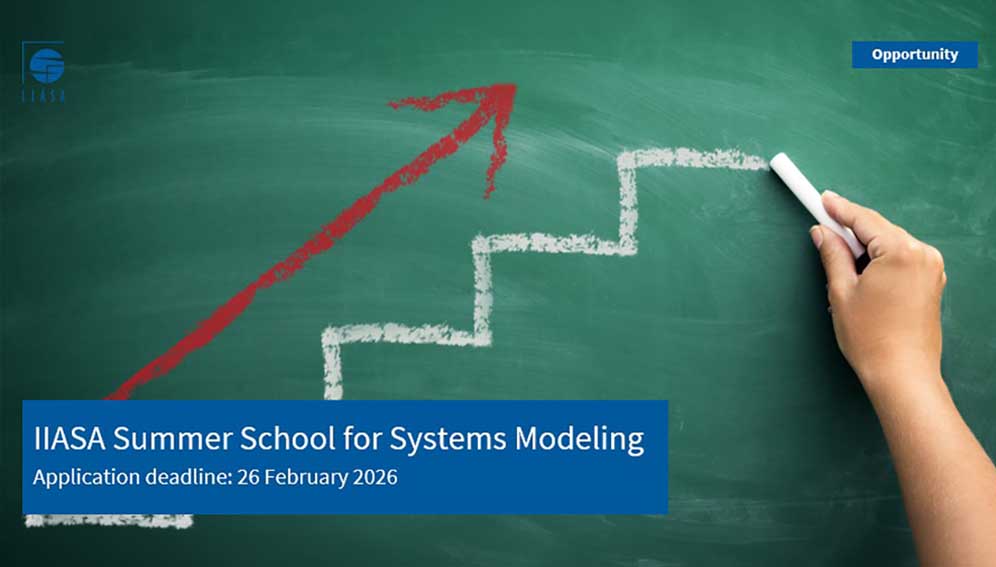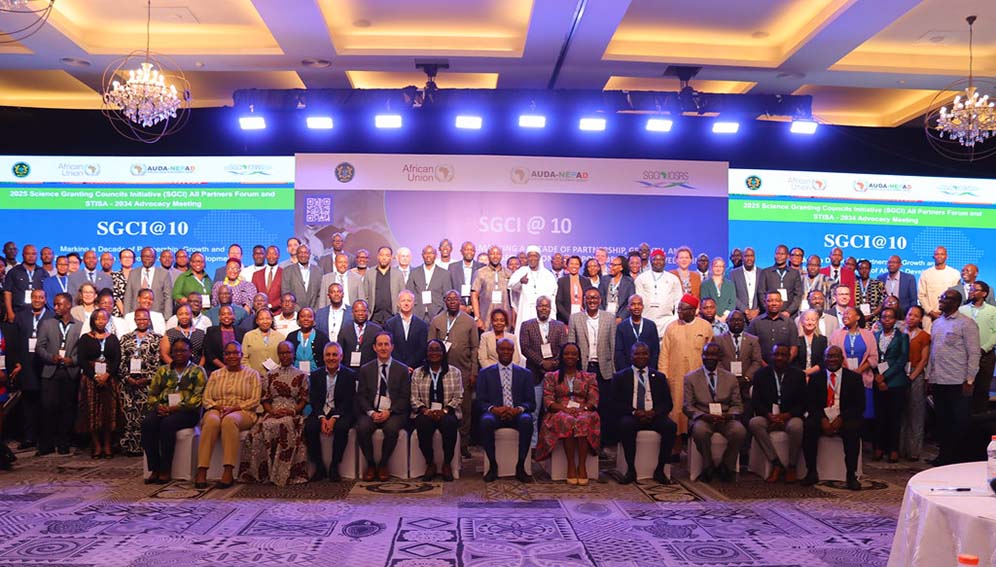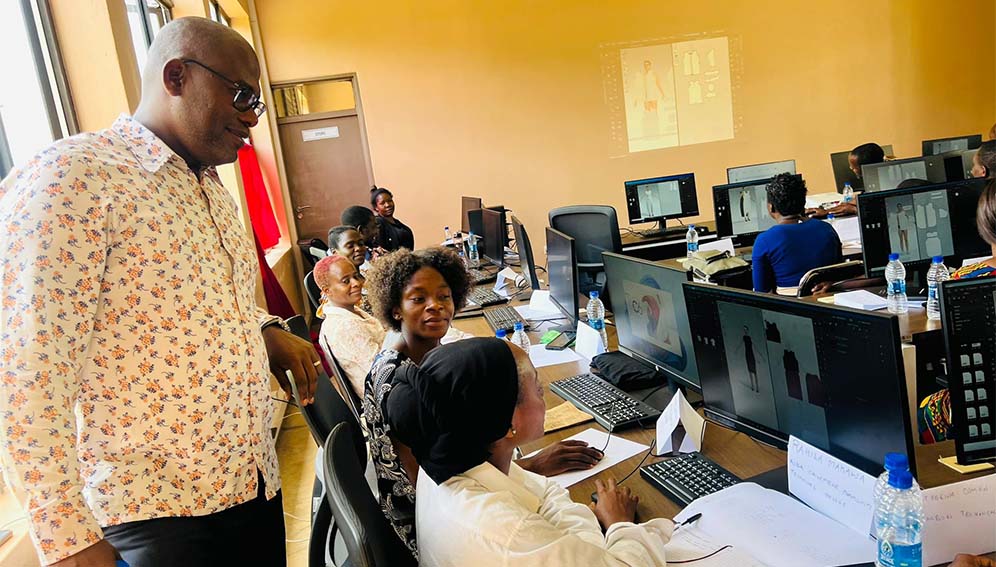Ghana
Science Granting Council
Summary
The Ministry of Environment, Science, Technology, and Innovation exists to promote sustainable environmental management and the adoption and application of science and technological innovations through the formulation of policies, monitoring and evaluation of the implementation of sector plans, programmes, and projects for national development.
Council details
The Ministry of Environment, Science, Technology and Innovation (MESTI) in Ghana is committed to promoting sustainable environmental management. Furthermore, it integrates science, technology, and innovation into national development.
MESTI achieves this by formulating effective policies and providing oversight through the monitoring and evaluation of sector plans, programmes, and projects. The Ministry’s central goal is to accelerate socio-economic development through environmentally friendly scientific and technological practices.
MESTI fosters the use of appropriate technologies and promotes the creation of a robust regulatory framework. These efforts aim to improve livelihoods, protect natural resources, and advance Ghana’s development priorities.
Strengthening Research in Ghana through the SGCI
Ghana has been an active participant in the Science Granting Councils Initiative (SGCI), which supports the strengthening of research management systems across sub-Saharan Africa. The SGCI has played a key role in enhancing Ghana’s global research visibility and collaborative capacity.
Through the SGCI, Ghana has built valuable international research connections, with opportunities to engage platforms such as the Global Research Council. These global linkages help raise the Council’s profile and broaden access to new partnerships.
Peer-to-peer learning and regional collaboration
Peer-to-peer learning is a key benefit of the SGCI. A notable example is Ghana’s involvement in the Africa, Water, Energy, and Food Programme, a joint funding initiative involving 10 Science Granting Councils. By pooling resources and sharing expertise, these SGCs have improved research practices and strengthened project outcomes. These regional partnerships show how collaboration enhances the quality and relevance of research across Africa.
Ghana’s Council also serves as a key enabler, linking institutions and researchers across sectors. This positioning allows it to influence funding decisions by showcasing its research capacity and strategic leadership.
Leadership Perspective:
In a recent video interview, Mr Cephas Adjei Mensah, Director for Research, Statistics, and Information Management at MESTI, highlighted the SGCI’s value. He emphasised the importance of sustainable research funding and the SGCI’s role in expanding Ghana’s participation in global research networks.
Through MESTI’s ongoing efforts and its partnership with SGCI, Ghana continues to advance science, innovation, and inclusive development across the region.
Impact we’re having
Stories of change
Low-tech health app engages
Five years after its launch, PENSA – a mobile app developed in Mozambique— has been accessed by…
SGCI funded projects
Ghanaian researchers empower women, farmers, rural communities through innovation
Project Titles & Institution Areas of Research Number of Projects being funded Project Duration Grant Amount In-Kind Distribution Council Collaboration with other councils
Related News
ILASA summer school for systems modeling 2026
Master’s students, PhD candidates, and early-career researchers with a focus on sustainability and quantitative methods are invited to apply for the IIASA Summer School for Systems Modeling, taking place in Laxenburg, Austria, from 29 June – 10 July 2026. The two-week in-person programme offers intensive,…
The TWAS-DFG 2026 cooperation visits programme call is now open.
The call is now open for the TWAS-DFG Cooperation Visits Programme for Sub-Saharan Africa. The programme is a collaborative effort between The World Academy of Sciences (TWAS) and the Deutsche Forschungsgemeinschaft (DFG, German Research Foundation) to foster international scientific partnerships. The TWAS-DFG programme provides postdoctoral…
Uniting Malawi’s innovators: NCST’s push to bridge the coordination gap
How does Malawi move from pockets of innovation to a truly connected national ecosystem? In this interview with the Science Granting Councils Initiative, Isaac Chingwota, acting director for Technology Transfer, Innovation and Commercialisation at the National Commission for Science and Technology (NCST), explains why coordination…

